![[NCTS Physics Research Highlights] Chang-Tse Hsieh 'Lieb-Schultz-Mattis Theorem for 1D Quantum Magnets with Antiunitary Translation and Inversion Symmetries', Phys. Rev. Lett. 133, 136705 (2024) [NCTS Physics Research Highlights] Chang-Tse Hsieh 'Lieb-Schultz-Mattis Theorem for 1D Quantum Magnets with Antiunitary Translation and Inversion Symmetries', Phys. Rev. Lett. 133, 136705 (2024)](/uploads/asset/data/672c6dc898bbfb3bf7edf605/_NCTS_Physics_Research_Highlights__Chang-Tse_Hsieh__Lieb-Schultz-Mattis_Theorem_for_1D_Quantum_Magnets_with_Antiunitary_Translation_and_Inversion_Symmetries___Phys._Rev._Lett._133__136705__2024_.png)
Lieb-Schultz-Mattis Theorem for 1D Quantum Magnets with Antiunitary Translation and Inversion Symmetries
具反么正平移與反演對稱性之一維量子磁體的Lieb-Schultz-Mattis定理
Yuan Yao, Linhao Li, Masaki Oshikawa, and Chang-Tse Hsieh*
Phys. Rev. Lett. 133, 136705
DOI: https://doi.org/10.1103/PhysRevLett.133.136705
The Lieb-Schultz-Mattis (LSM) theorem is a fundamental result in condensed matter physics that relates symmetries to the ground state properties of quantum many-body systems. The conventional LSM theorem states that a 1d antiferromagnetic spin chain with spin-rotation and lattice-translation symmetries cannot have a unique gapped ground state if the spin per unit cell is half-integral. In this research, we presented extensions of the LSM theorem for 1d quantum magnets with certain combinations of spin-rotation, spatial, and time-reversal symmetries. Our results can be applied to a wider range of systems with spin interactions beyond the Heisenberg exchange interaction, such as Dzyaloshinskii-Moriya and chiral three-spin interactions.
Lieb-Schultz-Mattis定理是凝態物理中重要的理論,將對稱性與量子多體系統的基態性質聯繫起來。傳統的LSM定理指出,一維反鐵磁自旋鏈在具有自旋旋轉和晶格平移對稱的情況下,若單位晶胞內的自旋是半整數,則無法擁有單獨的有能隙基態。在此研究中,我們推廣了該定理,使其適用於擁有自旋旋轉、空間、和時間反演對稱組合之一維量子磁體。其結果不僅適用於Heisenberg交換作用,也延伸至Dzyaloshinskii-Moriya及手性三自旋等自旋交互作用。


